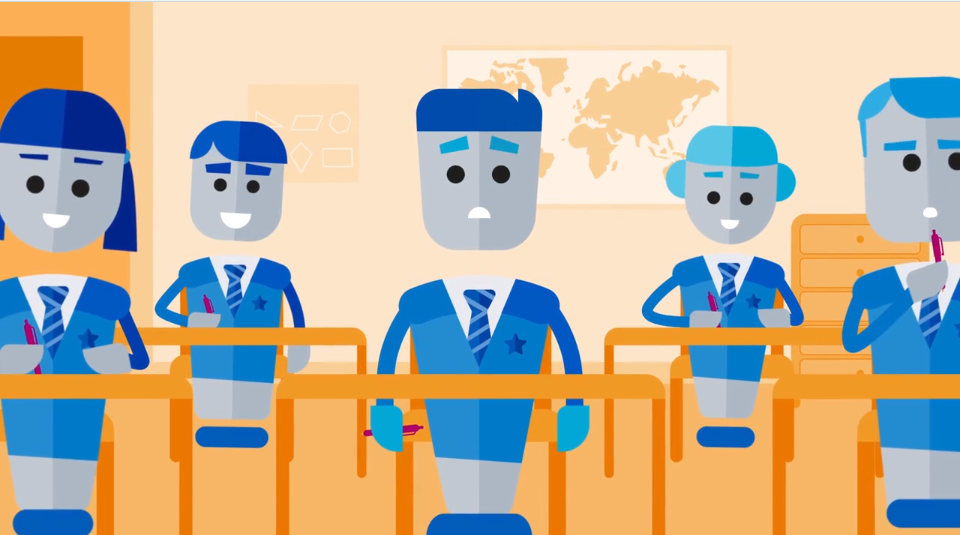
Some children are more prone to anxiety and worries than others. Anxiety is a normal part of growing up and a normal response if a child feels afraid. It is often short term and can pass with time, reassurance and your loving support.
There may be specific times in a child’s life when they feel anxious, such as starting a new school or before tests and exams.
Anxious children can seem agitated, restless, inattentive or unable to focus on tasks. They may cry, throw tantrums, refuse to go to school, or experience negative thoughts about themselves or things around them. They may also experience physical symptoms such as headaches, tummy aches or difficulty sleeping.
Set some time aside to talk when you and your child are not tired or busy, so you can find solutions together.
Try to stay calm yourself as you listen to and reassure your child that its normal to have anxious feelings, but those feelings will pass.
Try sharing what makes you feel nervous, scared or anxious to show everyone can feel like this – and share how you distract yourself from those feelings.
Help them to recognise their fear.
Find out what makes them feel better (playing, reading, listening to music, watching TV?) – and what makes it worse.
Encourage your child to deep breathe slowly through their nose – in for count of three and out for count of three.
Try distraction, getting them to focus on something else.
Story books about children being anxious can help. You can find them in the local library, bookshops or online.
A cuddle can help when anxious feelings overwhelm children.
If your child’s anxieties persist, seem to be getting worse or are interfering with their school, home and social life it’s important to seek support. Make an appointment to discuss your worries with your GP or, if your child’s anxiety is affecting their school life, your child’s teacher or a school nurse.






